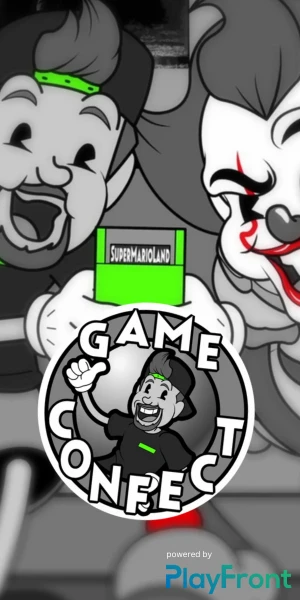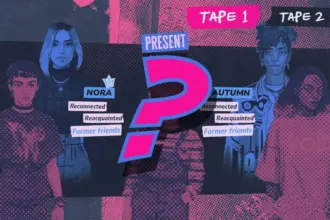Once upon a time - that's how many fairy tales begin. And that's exactly how the story of the Xbox Game Pass feels today: like a beautiful promise that fades in reality. What was once hailed as a revolutionary game changer is now just "an option" according to Xbox boss Phil Spencer. A statement that no longer makes even the greenest treasure chest shine.
Remember: When Microsoft launched the Game Pass it almost seemed like an attack on the classic ownership structures in gaming. "Netflix for games" - sounded cool, sounded modern, sounded like the future. And yes, for a moment it was. Especially for power users who wanted to try out several titles every month. But what began as a "killer app" for Xbox is now mutating into a minor matter in the Microsoft cosmos.
From the Game Pass vision of the future to reality - and back down to earth
Spencer's most recent statements in an interview with Variety speak volumes. Instead of praising the Game Pass as a flagship as usual, he says that the "Not suitable for everyone" is. So if you only play one or two games a year, you should just buy them - Game Pass is not the right choice. It almost sounds as if Microsoft has only just realized that the majority of gamers are not permanent gamers. Surprise.
What is really surprising, however, is the abrupt change of heart. Just a few years ago, Game Pass was the symbol of Microsoft's vision: platform-independent gaming, seamless integration, monthly content updates. Today, there is little left of it - at least in terms of marketing. The figure of 110 million subscribers by 2030, once cited as a target, now seems like a bad joke. Current status: 34 million. Growth? More of a triple step, if at all. Even industry experts are increasingly expressing doubts to these goals.
Game Pass: not a mass phenomenon, but a niche product
The internal pressure was enormous. Satya Nadella, Microsoft CEO himself, even had the Game Pass increase written into his bonus contract. Today, nobody talks about it anymore. Instead, the focus has shifted to cross-platform releases - including on PlayStation and the Nintendo Switch 2 - as well as cloud gaming, which is also not really taking off.
The real problem lies deeper: Microsoft itself no longer seems to know what Xbox actually stands for. Is it a console? A service? An app on smart TVs? Game Pass was once intended as a clear answer to these questions - today it is just part of the "equation", as Spencer vaguely puts it. At the moment, it seems that Xbox will "only" exist as a service in the future.
What remains is the feeling that Microsoft is slowly but surely sidelining the former beacon of hope. Not because it failed - but because its own expectations were too high, the reality too sober and the business model too complex to appeal to the masses.
And so today, the bright promise of the Game Pass remains one thing above all: a green glow in the distance that continues to fade.







